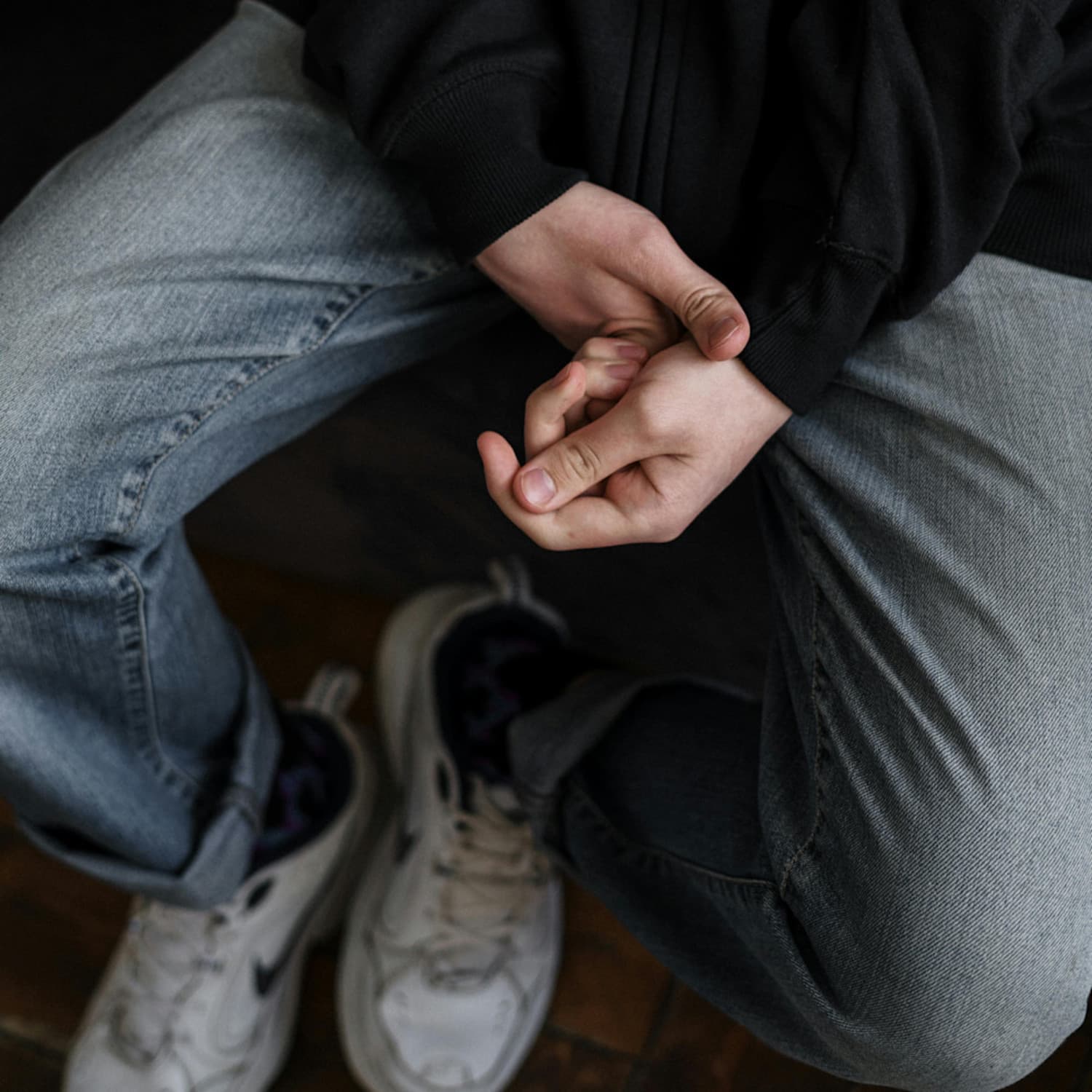Social anxiety in teens

By Brightline, Oct 28, 2025
Social anxiety in teens: What it looks like and how to help
Even the most outgoing, confident child can struggle with social anxiety. In a world that moves fast and demands even faster responses — texts, snaps, group chats, presentations, new schools, shifting friendships — it's no wonder some teens feel overwhelmed.
So how do you know if it’s just nerves or something more?
What is social anxiety?
It’s natural to feel nervous sometimes — when giving a speech, joining a new group, or walking into a party solo. But social anxiety is more than that. It’s a persistent, intense fear of being judged, embarrassed, or rejected. And for many teens, it can impact everything from friendships to school to daily routines.
Social anxiety can show up in ways that might surprise you. Your teen may not come right out and say they’re anxious, but you might notice:
Negative self-talk
Things like “I’m awkward,” “No one likes me,” or “I’ll mess this up” become go-to phrases.Avoiding social situations
Skipping class presentations, ditching hangouts, or refusing to go to events — even small ones.Reluctance to leave home
Home feels safe. The outside world? Not so much.Physical symptoms
Headaches, stomachaches, or a racing heart — especially when school or social plans come up. These are real symptoms, not excuses.
How to support your teen with social anxiety
There’s no one-size-fits-all solution — but there are ways to help your teen feel more in control, supported, and empowered.
Normalize it
Social anxiety is more common than you might think — and it’s nothing to be ashamed of. Let your teen know they’re not alone, and that it is possible to manage it.Validate their feelings
Resist the urge to jump in with, “You’re fine!” or “You have nothing to worry about!” Instead, try: “That sounds really tough. I get why you’re feeling that way.”Recognize physical cues
Help them notice their own early signs of anxiety — like a quiet voice or sweaty palms — so they know when it’s time to use a coping strategy.Encourage small steps
Social anxiety won’t go away overnight. Suggest starting with low-pressure activities with one or two friends instead of large gatherings.Practice coping strategies
Deep breathing, movement, music, visualization — try different tools and see what works. Bonus: encourage practicing when they’re not anxious so it feels familiar.Plan for tough moments
Who can they turn to when they’re feeling anxious — a teacher, a school counselor, a friend? Having a go-to person makes challenges feel more manageable.Support how they want to connect
Texting, gaming, or chatting online might be their preferred way to stay close with friends. That counts, too, and can be a powerful way to build confidence.Celebrate progress
Managing anxiety is hard work. Remind your child of their strengths, their resilience, and how far they’ve already come.
When to get more support
If your teen’s anxiety is starting to interfere with school, friendships, or everyday life — or if they’ve tried to cope but still feel stuck — it might be time for professional help. Therapy or psychiatry can make a huge difference.
Your teen doesn’t have to face their anxiety alone — and neither do you.
At Brightline, one of our specialties is helping kids and teens navigate anxiety, build confidence, and feel more like themselves again. Whether it’s through therapy, psychiatry, or self-guided tools, our care is designed to meet your teen and you where you are.
Ready to help your teen take the next step? Request an appointment online or call to learn more today.